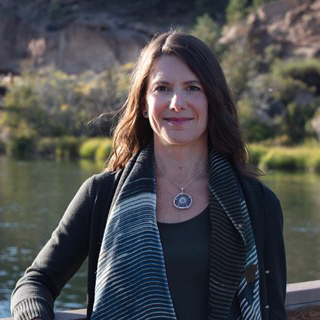Understanding starts with paying attention
Change is hard. Even if you want to change, it’s hard and usually requires effort. One needs motivation, support, discipline, patience and lots of compassion. In my work as a therapist, I often tell people to be interested in the thoughts and feelings that lead to a behavior that you want to change. Being interested is the back way in. As most of us know from experience confronting a problematic behavior head on isn’t usually effective. The well intended sentiment of, “I’ll start tomorrow..” is often a set up to not only not stop smoking, or start exercising, but to feel bad about oneself for not following through. And every time we say we are going to do something and then don’t, it slowly eats away our self esteem and confidence. It does not makes us more courageous and it doesn’t help build our trust, in ourselves. Paying attention helps you to understand why you do a certain behavior and understating the underlying causes or deeper needs that you are trying to address not only gives you more insight and self compassion, but can help you find another way to meet that underlying, unmet need.
What if you could practice the same thing with others? Especially with your partner, children, close family and friends. It’s easy to get angry with someone when things don’t go the way you wanted or expected. It’s even easier to want to blame them for the bad feelings you have. What if you decided to try and be interested in them and their behaviors instead. Of course, in order to do this, you have to manage your own feelings first – and I know, this is a lot easier said than done. I have this quote, not sure where it came from, on a post it in my office:
“You are a tourist tin the emotional landscape of your partners mind and they are the tour guide.”
Since most arguments with our loved ones are repetitive, cyclical and unsolvable. What if you practiced being interested in understating their experience. Most likely, you will not be able to persuade them to understand you until you understand them. The time practice this understanding is certainly not when you are upset and you are desperate for them to understand you – but later, after you have taken care of your own emotional needs. So, you start with yourself and whatever self soothing tools you have. Then in 20 minutes, or 2 days, or however long it takes you to get back to baseline, you can get being inquisitive, interested in learning more about the other. Why is it so important to understand? For one, maybe that is the next level of relationship that you are seeking, or maybe that’s one of the purposes of relationships in general. It seems like a marker of a good one to me, and the base of a deep connection with another. Once you take that step of compassionate interest, chances are better that the other person will want to understand you better as well.
The thing is, you really have to get back to your baseline before tying to talk and understand and/or get understood. Don’t be hijacked by the part of your mind that still wants to be right and to have it your way – That part of us is slippery and can trick you into thinking you are good. That you are clear and coming from kindness and love, feeling strong and fully resourced. If you are, you will more likely have the patience to listen and work the problem through, or let it go, or whatever you decide to do. You’ll know soon enough if you were premature, and not quite ready for the difficult conversation if the emotions come back up and try to hijack you into having another argument. If that happens, maybe I should say when that happens, oh well! Step away with compassion and kindness and try again later.
All love to you during the end of this crazy year.


